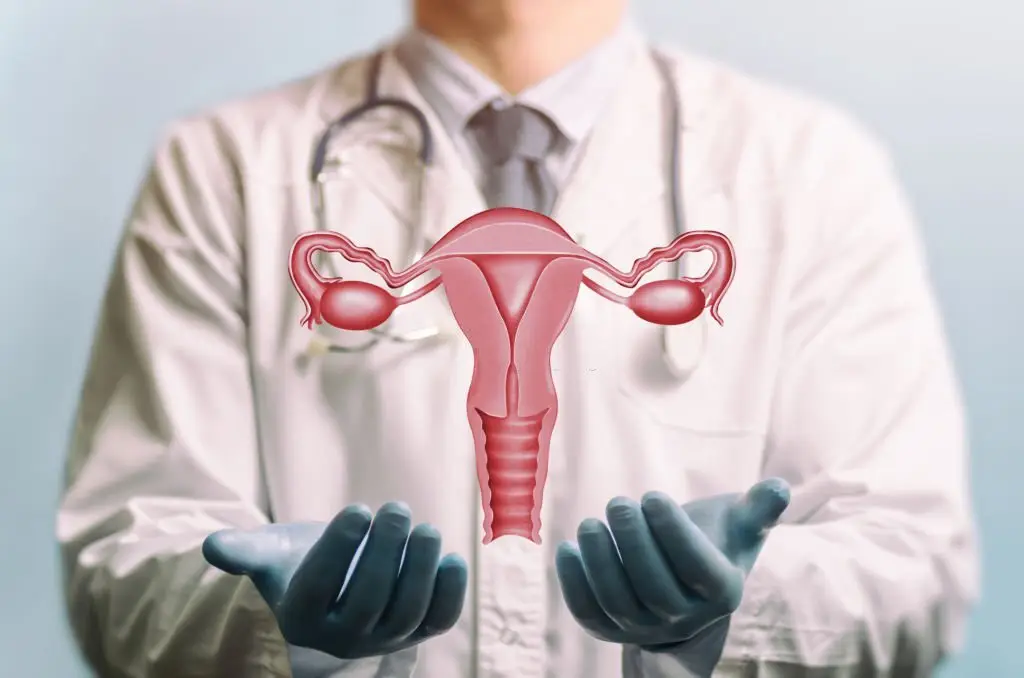Infertility can be an emotionally challenging journey for many couples. If you have been trying to conceive without success, you are not alone. Infertility affects both men and women and is more common than most people realise. The good news is that early diagnosis and timely medical support can significantly improve the chances of conception.
If you are looking for infertility treatment in Faridabad, this guide will help you understand when to seek help, possible causes, available treatments, and what to expect from a specialist like Dr. Shweta Mendiratta.
What Is Infertility?
Infertility is defined as the inability to conceive after:
- 12 months of regular, unprotected intercourse (for women under 35)
- 6 months (for women over 35)
Infertility is not just a women’s issue—both partners may contribute equally, which is why comprehensive evaluation is essential.
Common Causes of Infertility
Causes of Female Infertility
- Ovulation disorders (PCOS, hormonal imbalance)
- Blocked or damaged fallopian tubes
- Endometriosis
- Uterine fibroids or abnormalities
- Thyroid disorders
- Age-related decline in fertility
Causes of Male Infertility
- Low sperm count or poor motility
- Hormonal imbalance
- Varicocele
- Lifestyle factors such as smoking or stress
An experienced gynecologist ensures that both partners are evaluated simultaneously for accurate diagnosis.
When Should You Seek Infertility Treatment?
You should consult an infertility specialist in Faridabad if:
- You have been trying to conceive for over a year
- Periods are irregular or absent
- You have been diagnosed with PCOS or endometriosis
- You are over 35 and planning pregnancy
- You have a history of pelvic infections or surgeries
- You have experienced repeated miscarriages
Delaying consultation may reduce treatment options, especially with advancing age.
How Infertility Is Diagnosed
A structured evaluation may include:
- Detailed medical and reproductive history
- Hormonal blood tests
- Pelvic ultrasound
- Ovulation assessment
- Tubal patency tests
- Semen analysis for male partner
Doctors like Dr. Shweta Mendiratta follow a compassionate and step-by-step approach to diagnosis, ensuring patients feel supported throughout the process.
Infertility Treatment Options Available in Faridabad
Infertility treatment is highly individualised. Common options include:
🔹 Lifestyle and Medical Management
- Weight optimisation
- Hormonal regulation
- Treatment of thyroid or PCOS
🔹 Ovulation Induction
- Medications to stimulate egg release
🔹 Assisted Reproductive Techniques
- IUI (Intrauterine Insemination)
- IVF (In Vitro Fertilisation), if required
🔹 Surgical Interventions
- Treatment of fibroids or endometriosis when indicated
The focus is always on starting with the least invasive option and moving forward only when necessary.
Patient Queries About Infertility
❓ Is infertility always permanent?
No. Many causes are treatable, especially when diagnosed early.
❓ Can stress cause infertility?
Stress alone may not cause infertility but can affect hormones and ovulation.
❓ When should IVF be considered?
IVF is usually recommended after simpler treatments have not been successful.
❓ Can women with PCOS get pregnant?
Yes. With proper treatment, many women with PCOS conceive successfully.
FAQs – Infertility Treatment in Faridabad
Q1. Which doctor should I consult for infertility?
A gynecologist with experience in fertility management, like Dr. Shweta Mendiratta, is ideal for initial evaluation and treatment.
Q2. Is infertility treatment painful?
Most diagnostic and treatment procedures are minimally invasive.
Q3. How long does infertility treatment take?
It varies depending on the cause, age, and treatment plan.
Q4. Can infertility be prevented?
While not all cases are preventable, maintaining a healthy lifestyle and timely consultation help.
Q5. Should both partners be tested?
Yes. Infertility evaluation should always include both partners.
Why Choose Dr. Shweta Mendiratta for Infertility Care in Faridabad?
Dr. Shweta Mendiratta is known for her:
- Expertise in managing infertility and hormonal disorders
- Patient-centric and empathetic approach
- Ethical treatment planning
- Focus on natural conception whenever possible
- Strong follow-up and counselling support
Her goal is to guide couples with clarity, care, and confidence throughout their fertility journey.
Importance of Location-Based Infertility Treatment in Faridabad
Choosing a local infertility specialist in Faridabad ensures:
- Easy accessibility for frequent visits
- Better coordination for tests and procedures
- Continuous and personalised care
Local expertise helps build trust and long-term patient relationships.
Tips to Improve Fertility Naturally
- Maintain a healthy BMI
- Eat a balanced, nutrient-rich diet
- Avoid smoking and alcohol
- Reduce stress levels
- Track ovulation cycles
- Seek medical advice early
Small lifestyle changes can significantly enhance fertility outcomes.
Final Thoughts
Infertility can be emotionally overwhelming, but with the right medical guidance, many couples go on to achieve successful pregnancies. Early evaluation, accurate diagnosis, and personalised treatment play a crucial role.
If you are considering infertility treatment in Faridabad, consulting an experienced gynecologist like Dr. Shweta Mendiratta can help you take informed and confident steps toward parenthood.











